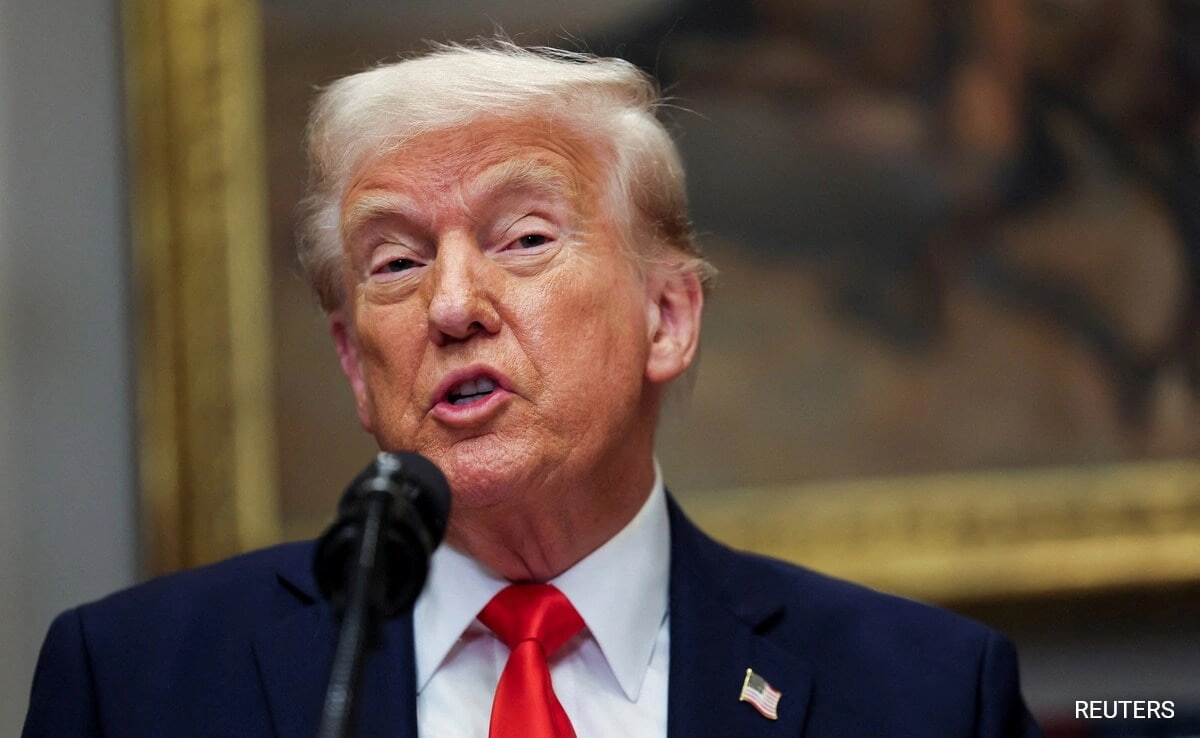Megha Vemuri, an Indian-American student and activist, has recently garnered attention for her vocal stance on the Israel-Palestine conflict. A prominent figure in various advocacy circles, Vemuri has been particularly associated with pro-Palestine sentiments, which have sparked significant debate and controversy. Her activism is rooted in her belief in human rights and social justice, particularly regarding the plight of Palestinians. This commitment to raising awareness about international issues has led her to engage in numerous discussions and events aimed at highlighting the struggles faced by marginalized communities around the world.
However, Vemuri’s outspoken views have not come without repercussions. Recently, she was banned from participating in an event at the Massachusetts Institute of Technology (MIT) after delivering a pro-Palestine speech. This incident has raised questions about freedom of speech and the extent to which universities should facilitate or restrict discourse on sensitive political topics. Critics argue that banning a student from expressing her views undermines the principles of open dialogue and academic freedom that educational institutions are supposed to uphold.
The fallout from Vemuri’s speech has ignited a broader conversation about the complexities surrounding the Israel-Palestine conflict and the implications of activism on college campuses. Many supporters of Vemuri argue that her message is one of solidarity with oppressed communities and that her right to speak should be protected, regardless of the controversial nature of her views. Conversely, there are those who believe that such rhetoric can incite division and hostility, particularly in an academic setting where diverse opinions exist.
As debates about free speech, social justice, and activism continue to unfold, Vemuri’s case serves as a poignant reminder of the challenges faced by student activists today. It illustrates the delicate balance between advocating for one’s beliefs and navigating the institutional frameworks that govern discourse in educational environments. Ultimately, the incident underscores the importance of fostering an atmosphere where diverse perspectives can be shared and debated, even when they provoke strong emotions and differing opinions.




